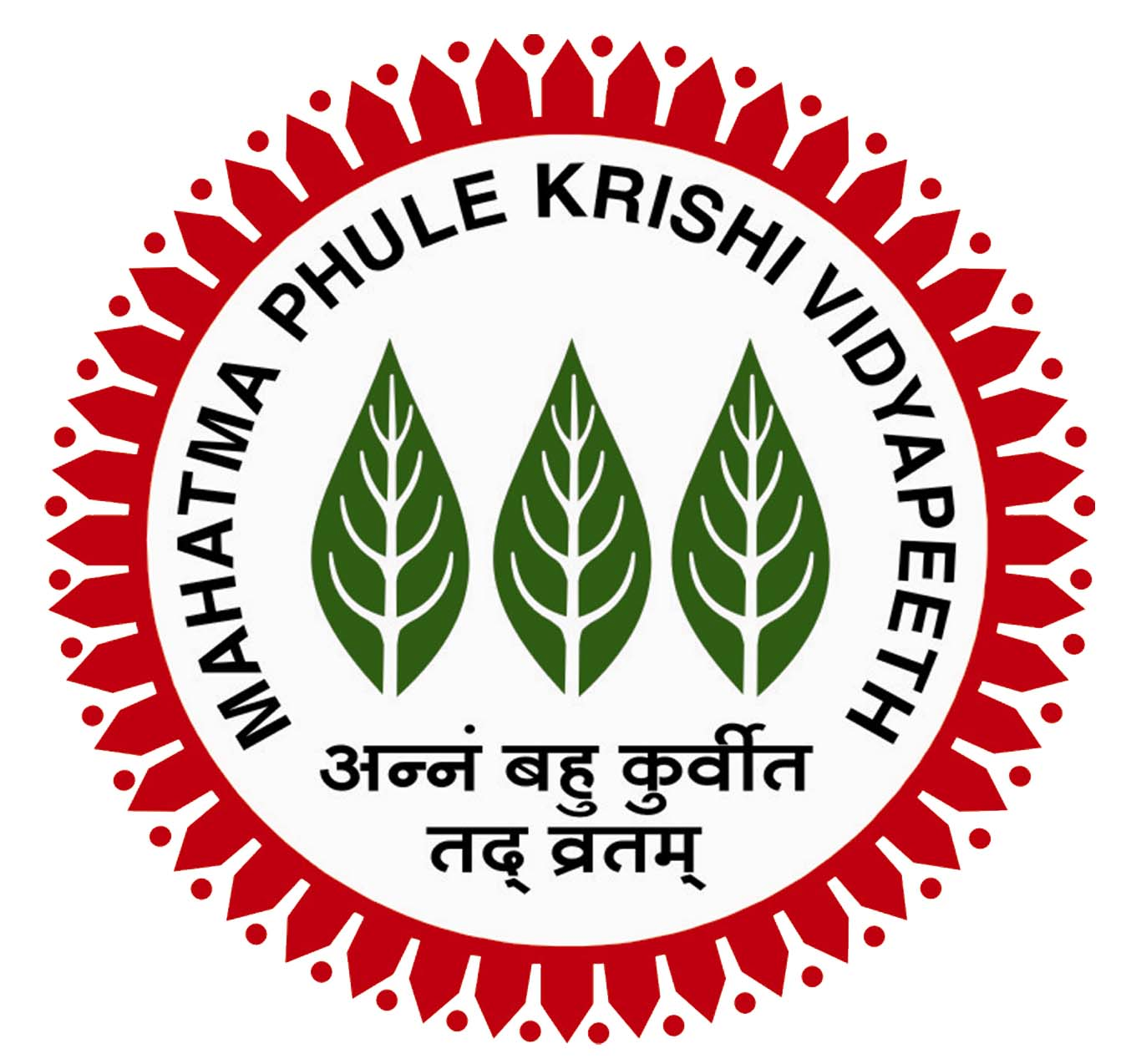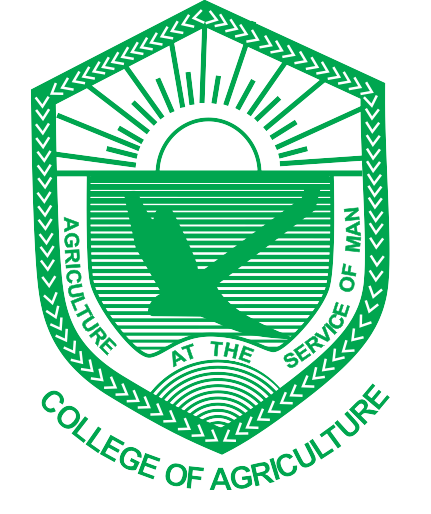Significant Achievements
The Agronomy research trials were conducted in this section includes both as per the decision taken in the AGERSO and also research project conducted by the postgraduates students of this section. Following are some of the significant research findings / research recommendation developed by this section.
-
Two long range experiments were initiated and conducted on the agronomy farm by Prof. V. G. Gokhale in the year 1931 – 32. One of these long range experiments was designed to study the effect of deep / shallow tillage in the presence and absence of F.Y.M. annually applied to the rabiSorghum and cotton grown in rotation under rainfed condition. The result obtained over a long period of experimentation have shown that, so far as the yields are concerned, the type of tillage is of little or practically of no importance, thereby indicating some scope of reducing the cost of cultivation involved in the deep tillage. On the other hand, annual application of 5.00 Mt F.Y.M. per hectare as a organic manure is seen to have markedly increased the yield of both, cotton and sorghum crops.
Another long term experiment conducted since 1930-31 was about studying the different rotation systems for growing Bajra. The result indicated that on medium deep black soil the rotation of Bajra after Soybean and on shallow soils Bajra after groundnut gave highest yield.
-
Another significant research contribution of this section is Poona Method of Jowar Cultivation, in which sowing of Jowar by dibbling method at 45cm x 15cm is recommended by Dr. B. A. Chaugule, which gave the breakthrough in increasing the Jowar yield and Jowar production in the state.
-
Experiments on different types of fertilizer requirements for different crops are also conducted by this section as a part of regular AGRESCO experiments and postgraduate research. The experiments on optimum requirements of major plant nutrients by the crops, methods of application of fertilizers, selecting the appropriate source of chemical plant nutrients for different crops were also conducted and recommendation were given. Sufficient research work has also been carried out at agronomy farm on the different rainfed and irrigated crops. It was concluded that unit cost of nutrient should be considered while selecting the source of chemical plant nutrient.
-
Sufficient research work has also been carried out at agronomy farm on the weed control. It proved that weed has direct influence on crop growth and yields and all crops suffer to greater extent from competition of weeds and therefore needs to be controlled at critical growth stages of different crops.
-
Certain trails have also been conducted on crops like turmeric, tomato, brinjal, methietc to find out the optimum date of sowing / transplanting under Poona condition.
-
With the introduction of hybrid varieties of Jowar, Maize, and Bajra, experiments on optimum requirement of chemical fertilizer dose were also conducted.
-
Experiments on use of herbicides for different field crops were conducted.
-
Trails on deciding staggered sowing of parents of hybrid Jowar were also conducted on agronomy farm and appropriate recommendations of staggered sowing of different parent lines of hybrid Jowar were given.
-
Experiments on studying the cultural aspects in the case of crops like Suran (Yam), turmeric and potato were also conducted.
-
In the recent years, irrigation experiments were conducted to study the effect of giving different doses of irrigation water at some specific stages of crops growth.
-
With the change in concept of irrigation principles and practices, experiments on scheduling of irrigation on the basis of critical growth stages, soil moisture depletion, IW/CPU ratio, sprinkler and drip irrigation on different crops were also conducted at the agronomy farm.
-
Experiments on sustainable agriculture, integrated nutrient management and integrated weed management were also conducted on the farm.
With the advancement of science, research work on fertigation under drip and sprinkler irrigation is also being planned and conducted as a part of PG research work

